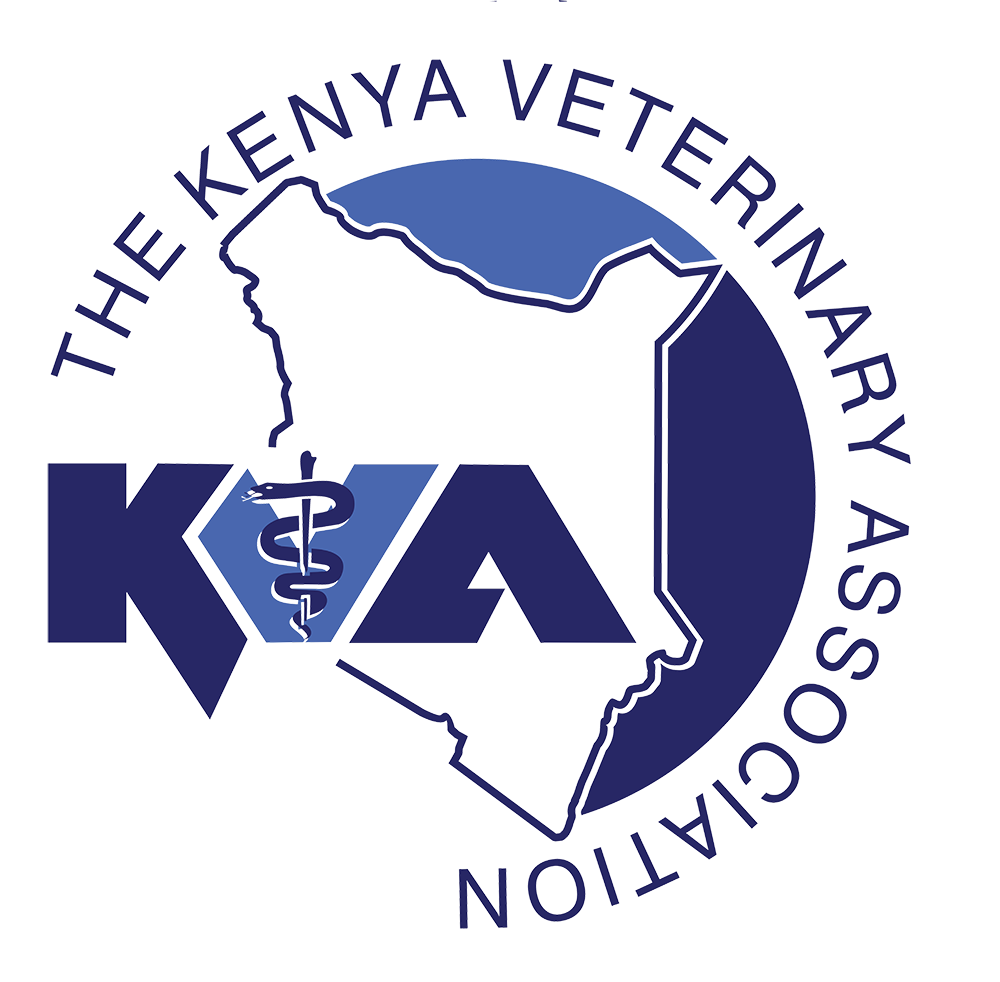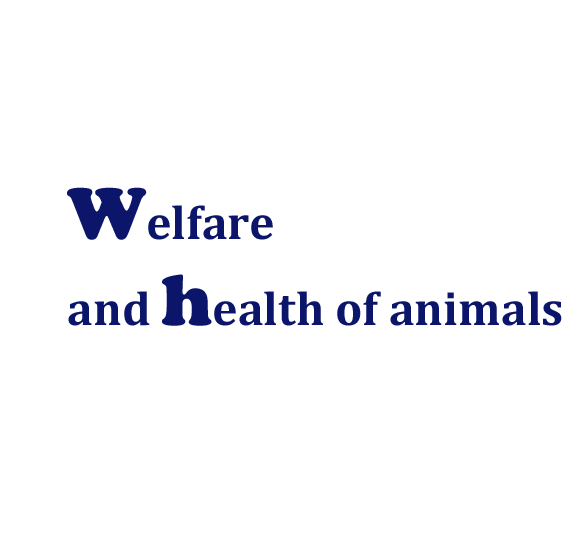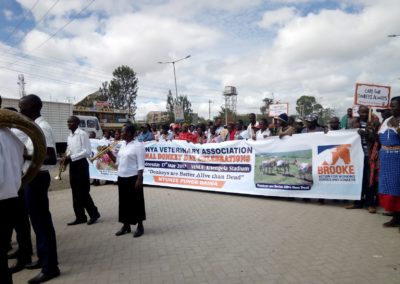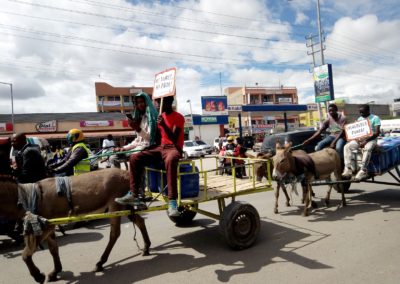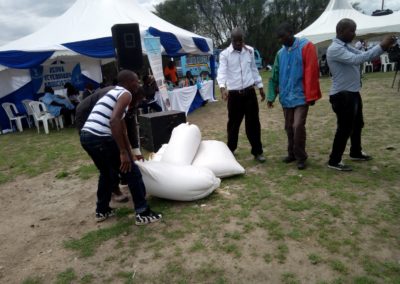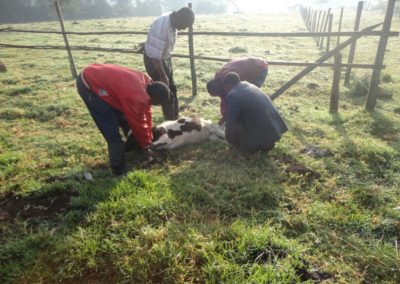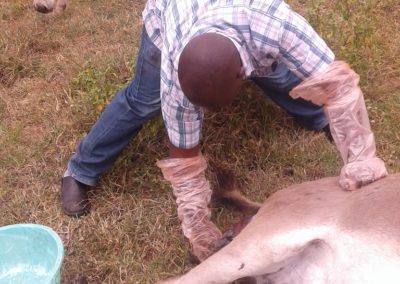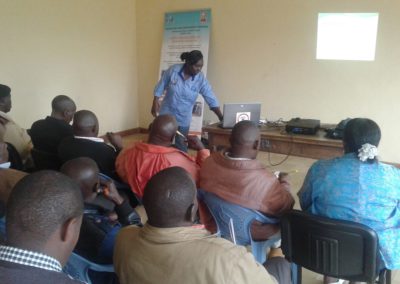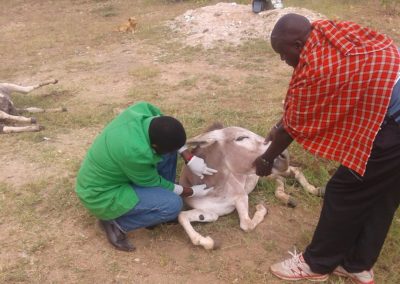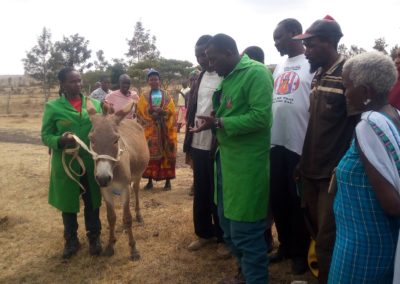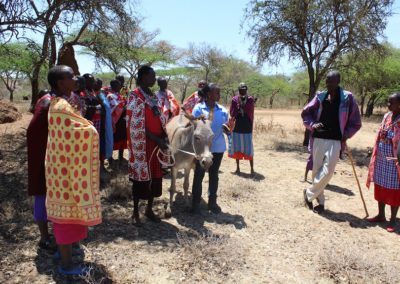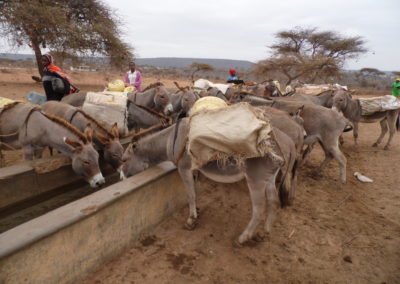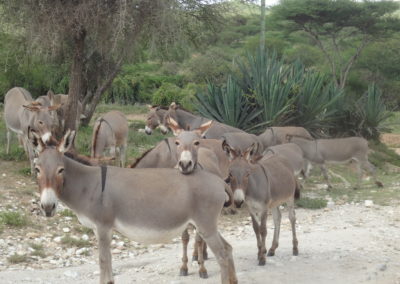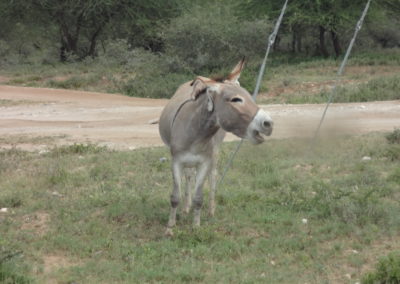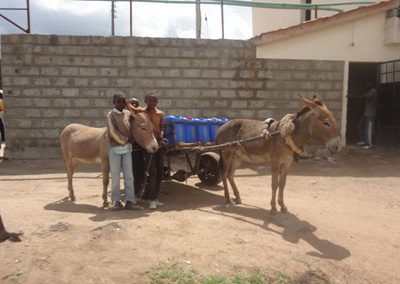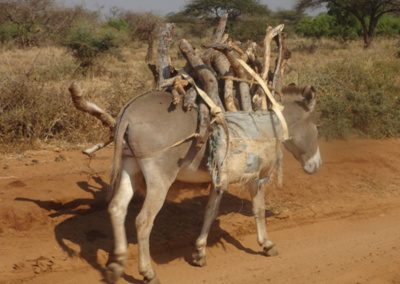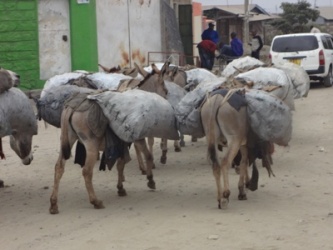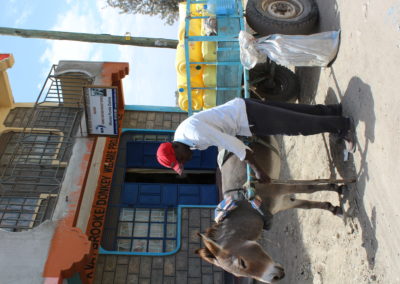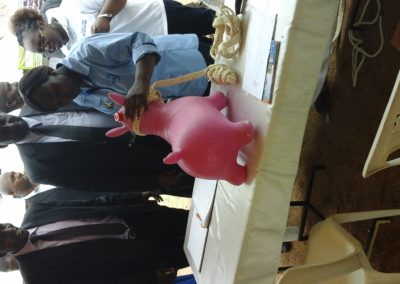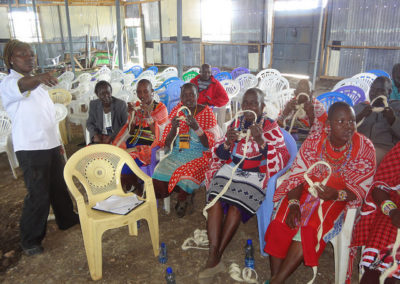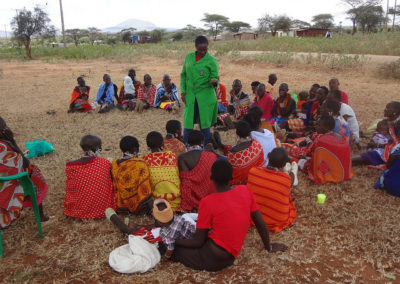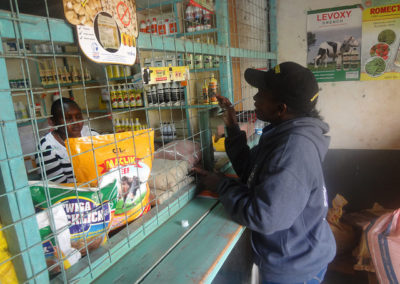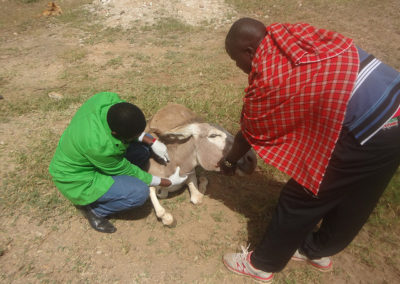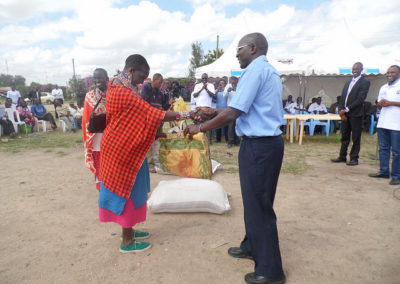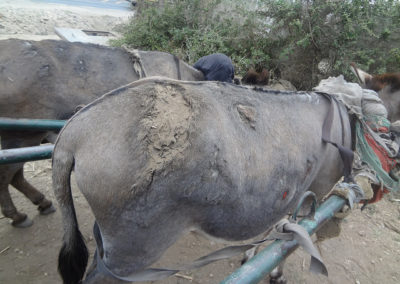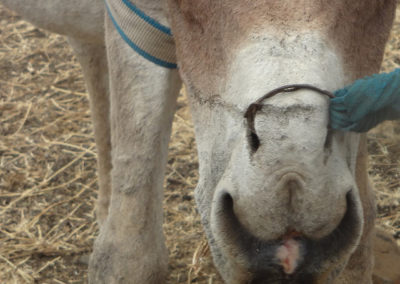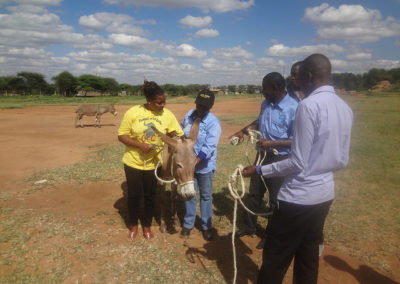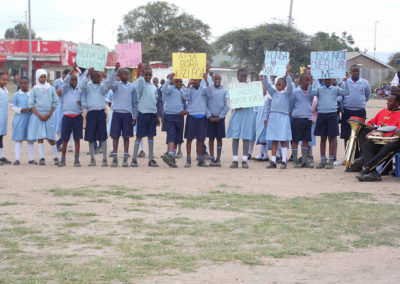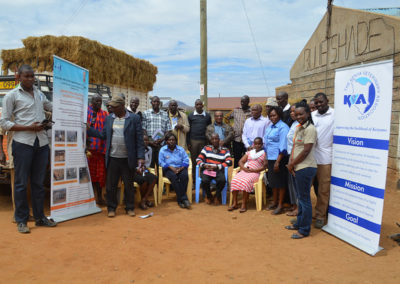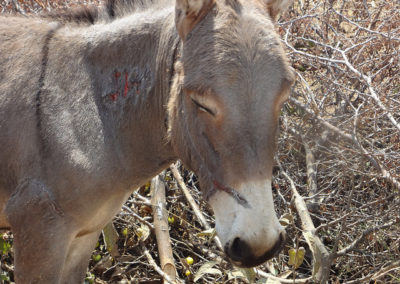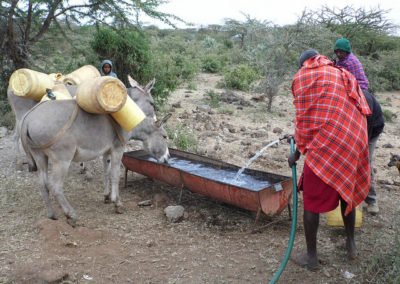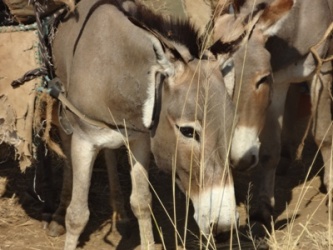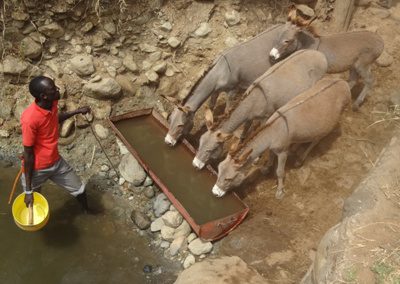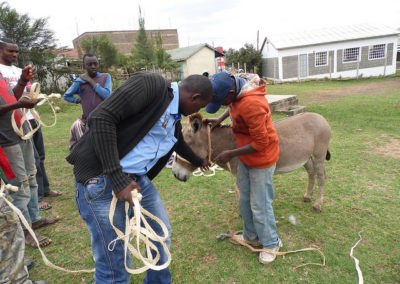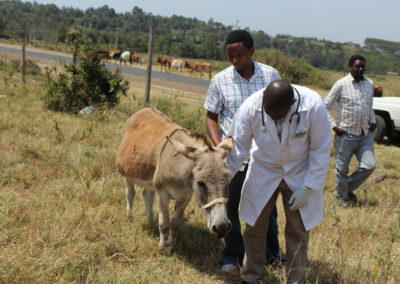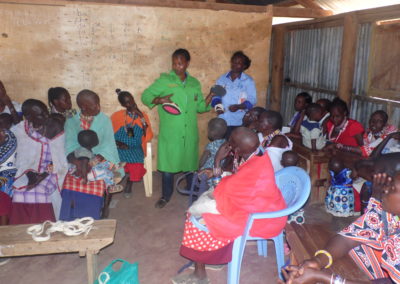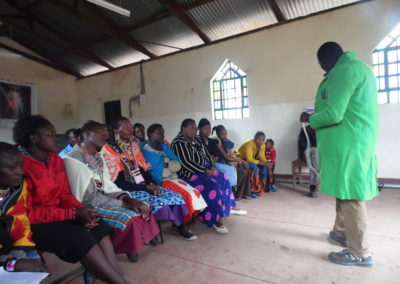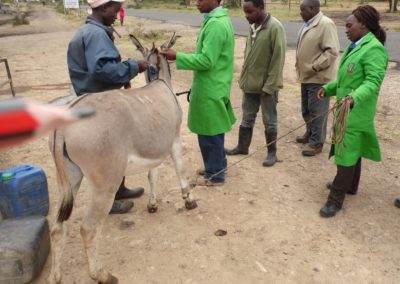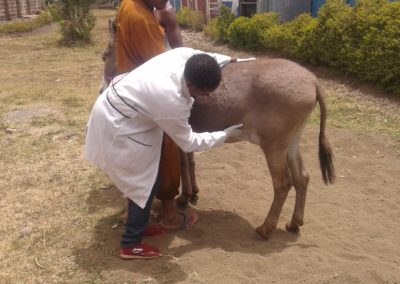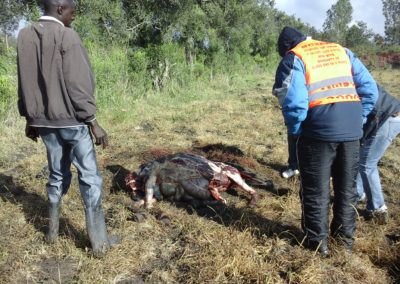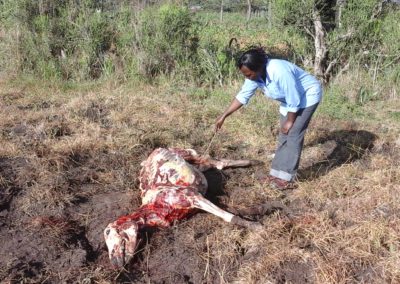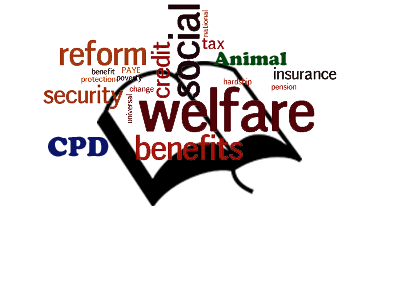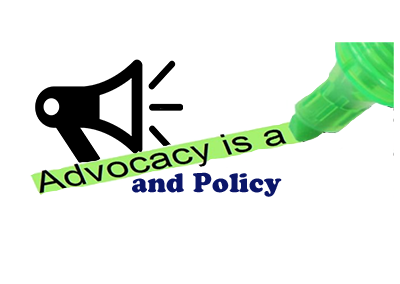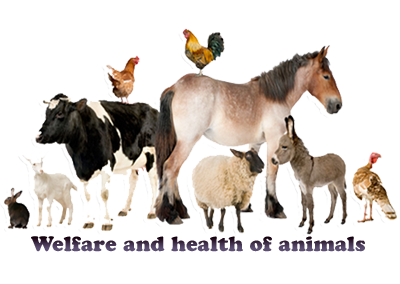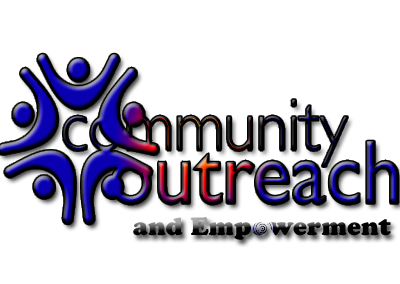The donkey welfare project
KVA is partnering with Brooke EA to implement a donkey improvement project in Kajiado County. This falls under the objective of partnerships and collaborations with other stakeholders.
The project started in the year 2013. Currently the Projects is covering three Sub counties; Kajiado North, East and Central. The project coverage is 21,400 donkeys and coverage is 8774 donkeys.
The project is working towards achieving three main Objectives:
- To strengthen the quality and accessibility of services affecting working equine welfare. This is achieved by capacity building of the local service providers operating in the project area.
- Working with the community to have a positive change in knowledge, attitudes, behavior and practices affecting welfare of working Donkeys. Currently this project is working with 13 community Donkey User Groups and one service providers group. Majority of these groups are registered with the Ministry of Gender and Social Services. Donkey welfare is one of the group’s main activities.
- Collaborating with the County Government in order to have increased attention to the importance of working Donkeys which is reflected in the Kajiado County policy and development agenda.
The project is working towards addressing several welfare issues which cut across the tire project area of operation. The priority welfare issues are:
- Wounds –found on different body parts. These wounds are brought about by poor cart and pack harnessing.
- negative behaviour- this welfare issue is brought about by the and practices done by the donkey owners-like whipping , shouting at the donkeys, cultural practices like firing, nasal septum pegging among others.
- Poor body condition –
Activities are divided into three subsections which intertwine each other. The community engagement activities are carried out y the community Development officers. These activities involve trainings on different donkey welfare aspects o practices like five freedoms, proper feeding and watering , hoof picking, home based wound management and first aid.
Under service provision, the local service providers’ both private and Government are capacity build by the vet team on donkey welfare and management of donkey diseases and management. Through this they will be competent to attend to donkey cases and in return give quality services to donkey owners and users.
The project is working with the county Government to come up with county animal welfare bill. This process has already been owed by the county government and process is underway. The project collaborates with the county during national Donkey celebration days.
Donkey project work in pictures
Demonstration by donkey owner
Mr. Daniel a donkey owner and user demonstrates to KVA staff how he supports the cart of his donkey as he offloads water to his customers. This is a good practice.
Brief to Kajiado deputy governor on donkey project
KVA Brooke vet gives a brief to Kajiado Deputy Governor how the donkey welfare project benefits the maasai community. This was during Kajiado Non-Governmental Organizations week
Training on halter application in Kajiado central
KVA Vet Dr. Janet training masai women on halter making and application at Sajiloni in Kajiado Central
Training on 5-animal freedoms
KVA Community Development officer Jane Lasoi training masai women on five animal freedom at Matapato area in Mashuuru
Routine one-on-one visit
Dr. Janet engaging a local service provider in her Agrovet during a routine one on one visit
Medical examination of injured donkey
Dr. Richard examines a donkey which had been involved in a road accident
Donkey welfare-wounds
Donkey with a wound on its body. This is a key welfare issue which is being addressed through training of donkey owners
Practical session on halter application
KVA vets Drs Richard and Janet supports local service providers at Mashuuru during a practical session on halter application
Donkey day by primary school students
Primary school pupils holding placards bearing donkey welfare messages to appreciate the donkeys
Community entry activity in Mashuuru
KVA project team and Brooke EA at Mashuuru during a community entry activity
Positive attitude change at Kisamis
A masai man provides water to donkeys at a watering point at Kisamis. This is a positive attitude change.
Withdrawal attitude of donkey due to cultural practices
Cultural practices leading to donkeys showing negative behaviour
Watering donkeys in Kajiado Central
A maasai man giving donkeys water in manmade dam at oltepesi Mile 46 in Kajiado Central
Donkey training at Kiserian
KVA CDO Justus Keton supports donkey owners to apply a halter to his donkey during a training at Kiserian
Clinical examination of donkey
Mr. George a KVA Brooke trained local service provider examines a sick donkey before administering proper treatment
Training on importance of grooming
KVA Brooke CDO demonstrates to donkey owners the importance of grooming their donkeys using locally available brushes during a donkey owners training on grooming
Group empowerment at Kajiado central
Justus a KVA Brooke CDO during a group strengthening activity at Lorkiloriti in Kajiado Central
Training fitting tethering rope
Dr. Janet KVA Brooke EA vet demonstrates to donkey owners on how to fix the tethering rope on an already fitted hobbling collar on a donkey’s limb.
Mercy examining a swelling on a donkey
Mercy Kirigo A KVA Brooke trained Local Service Provider from Rongai examining a swelling on a donkey at pre crural region of left hindlimb
